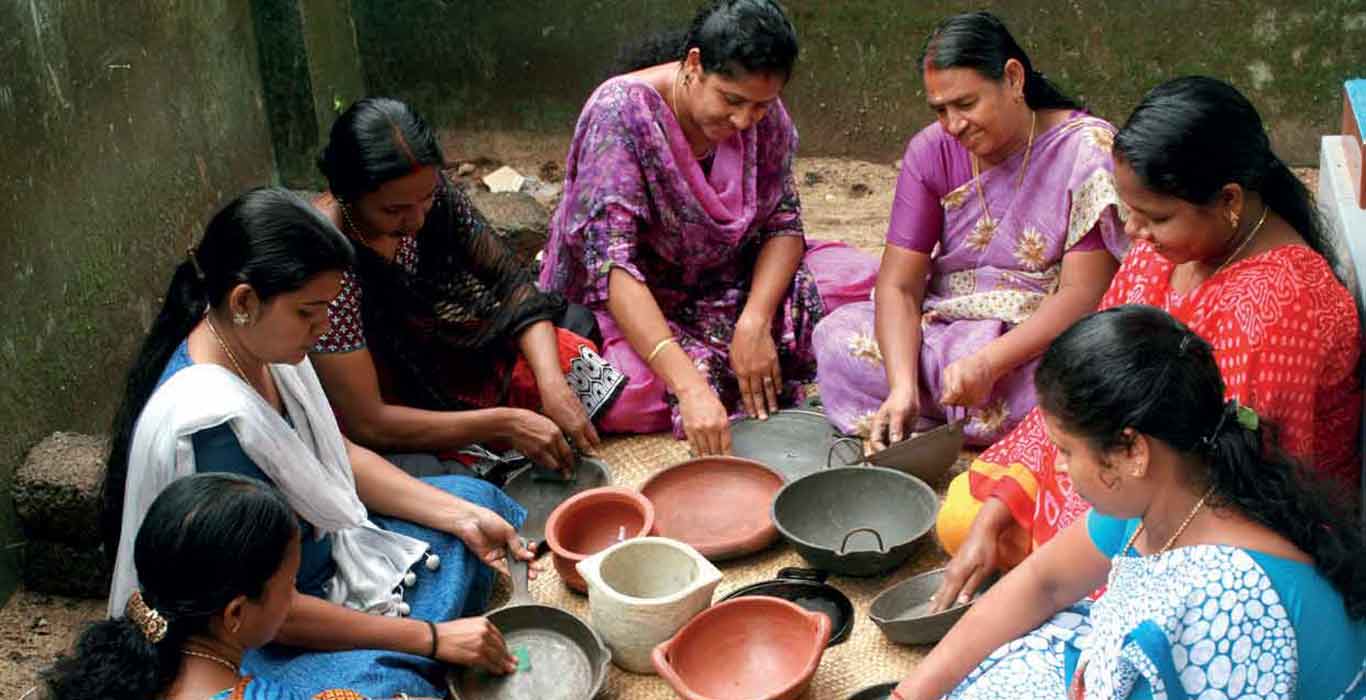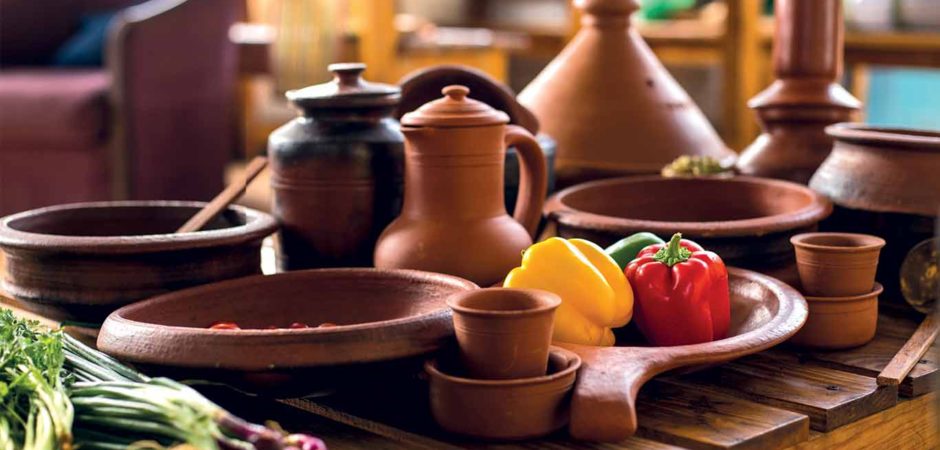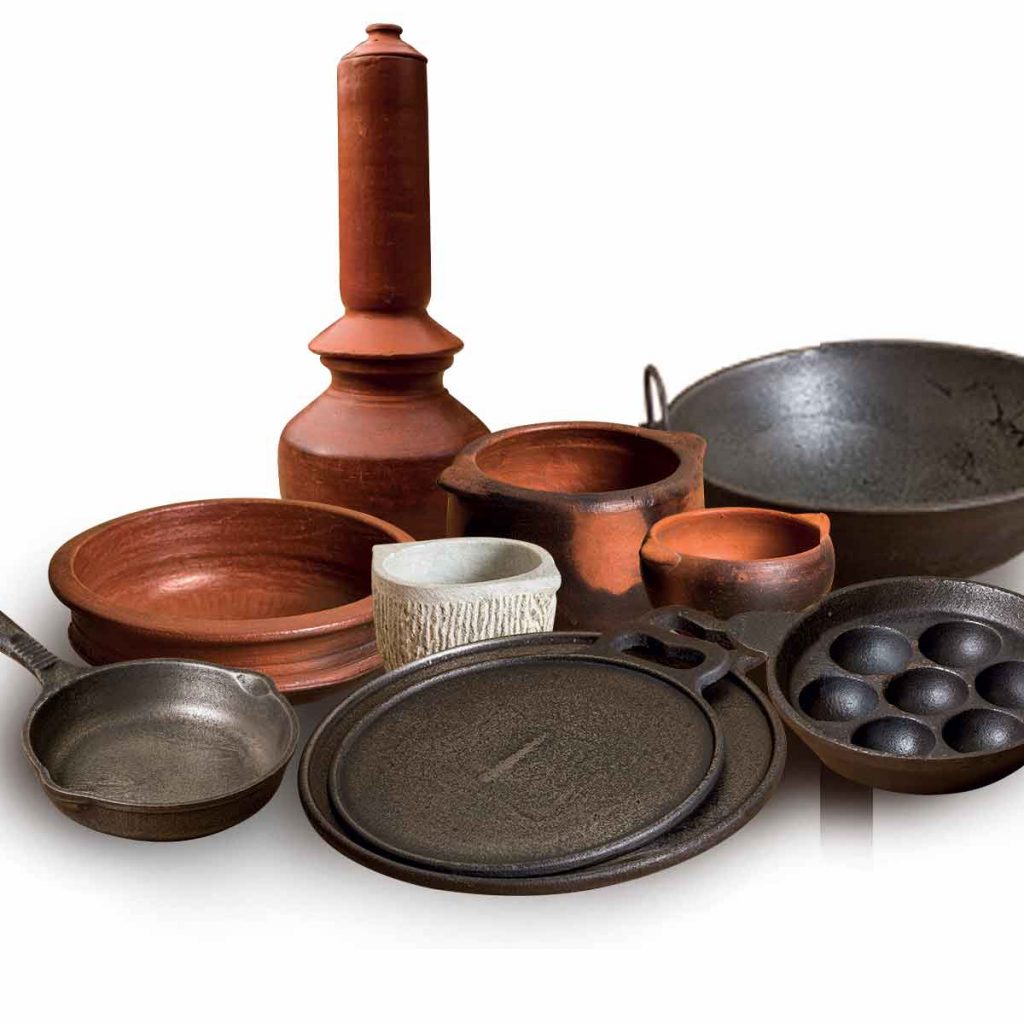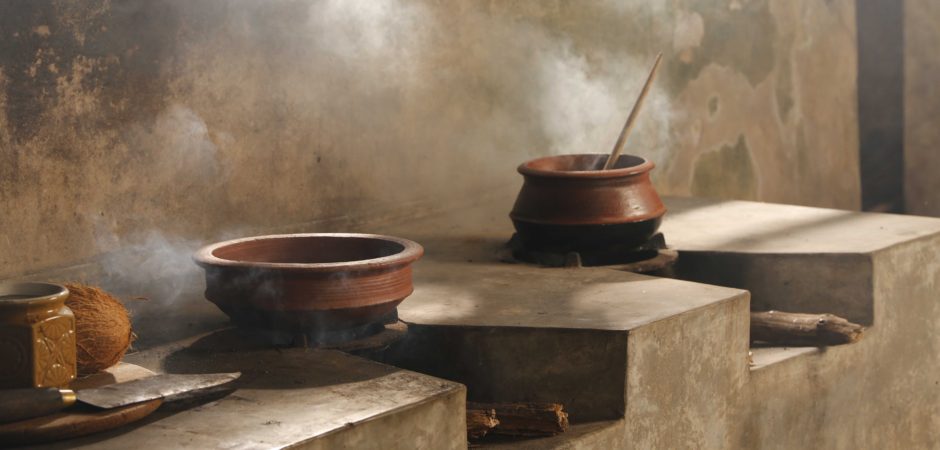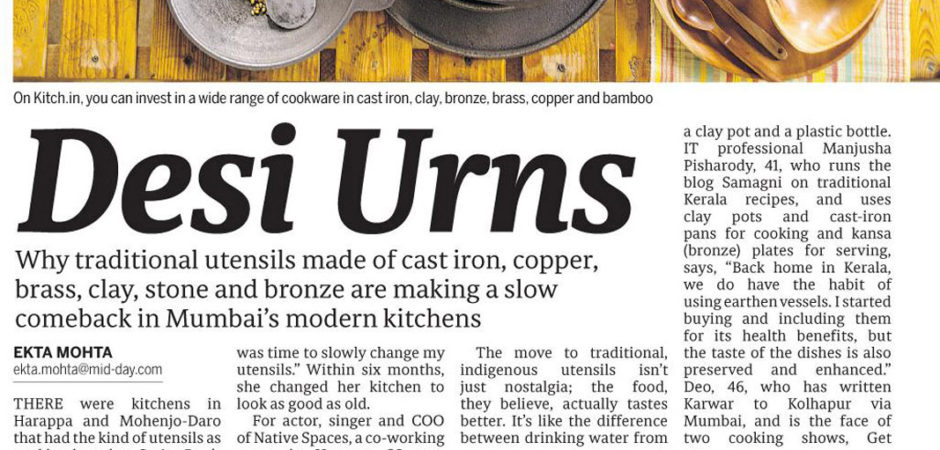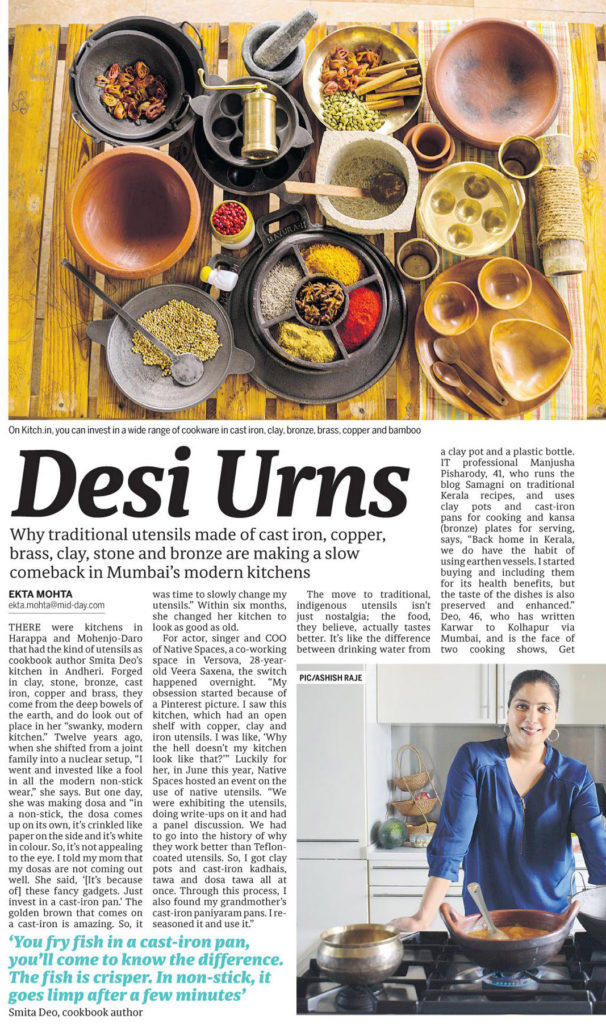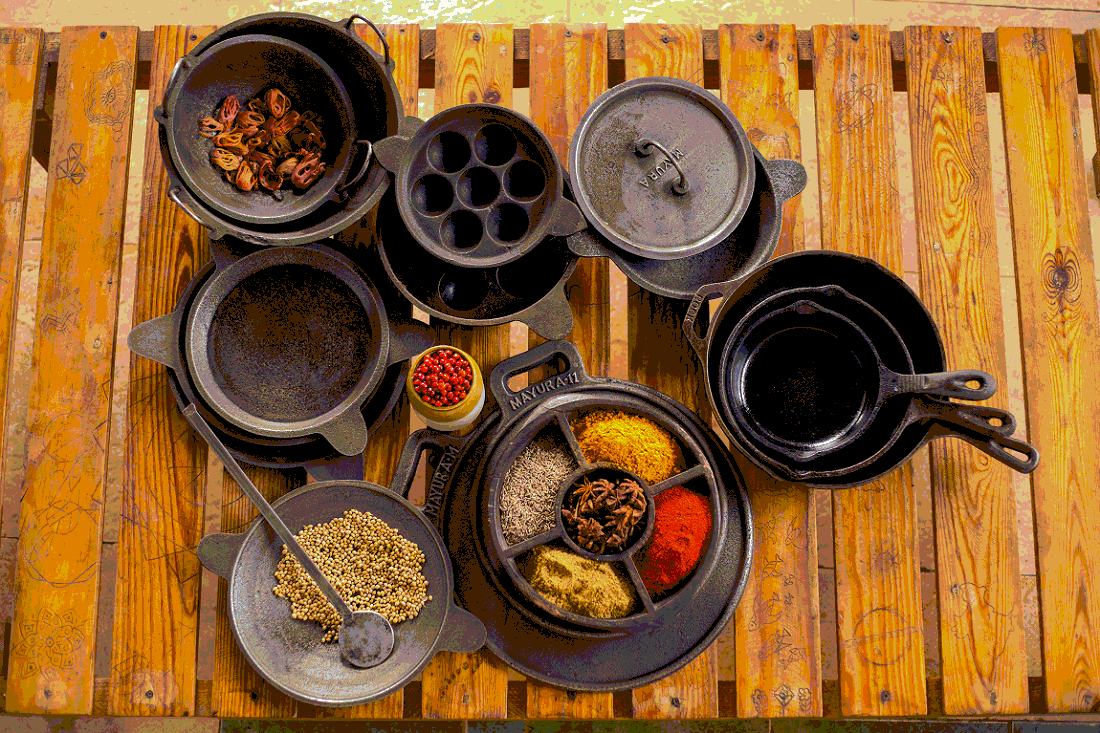 In today’s fast-paced world, non-stick pans have become a popular choice for cooking enthusiasts due to their convenience and ease of use. However, recent concerns have arisen regarding the potential health implications associated with these pans. In this article, we delve into the topic to provide you with a comprehensive understanding of the impact non-stick pans may have on your health.
In today’s fast-paced world, non-stick pans have become a popular choice for cooking enthusiasts due to their convenience and ease of use. However, recent concerns have arisen regarding the potential health implications associated with these pans. In this article, we delve into the topic to provide you with a comprehensive understanding of the impact non-stick pans may have on your health.
- Understanding Non-Stick Pans: Non-stick pans are typically coated with a substance called polytetrafluoroethylene (PTFE), commonly known as Teflon. This coating prevents food from sticking to the pan’s surface during cooking, making it easier to clean. While this feature has its advantages, it is important to consider the potential health risks associated with the use of non-stick pans.
- The Potential Health Concerns: Overheating non-stick pans can release toxic fumes, including perfluorooctanoic acid (PFOA), which has been linked to various health issues. PFOA exposure has been associated with hormonal imbalances, liver damage, developmental problems, and even an increased risk of certain cancers. Although the use of PFOA in non-stick cookware has been phased out, it’s crucial to exercise caution when using and maintaining these pans.
- Proper Usage and Care: To minimise health risks, it is essential to follow proper usage and care guidelines for non-stick pans. Avoid overheating the pan, as this can lead to the release of harmful fumes. Opt for medium to low heat settings and refrain from using metal utensils that can scratch the non-stick coating. Additionally, regular maintenance, such as gentle hand washing and avoiding abrasive cleaning tools, will help extend the lifespan of your non-stick pans.
- Alternatives to Non-Stick Pans: If you’re concerned about the potential health risks associated with non-stick pans, there are alternative cookware options available. Stainless steel, cast iron, and ceramic cookware are all popular alternatives that provide excellent heat distribution and durability. Exploring these alternatives may be a safer choice for those looking to minimise exposure to potentially harmful substances.
- Conclusion: While non-stick pans offer convenience in the kitchen, it’s crucial to be aware of the potential health risks associated with their use. By understanding the proper usage and care guidelines and considering alternative cookware options, you can make informed choices to protect your health while still enjoying the pleasures of cooking. Remember, a well-informed cook is a healthier cook.

 Cart is empty
Cart is empty 
